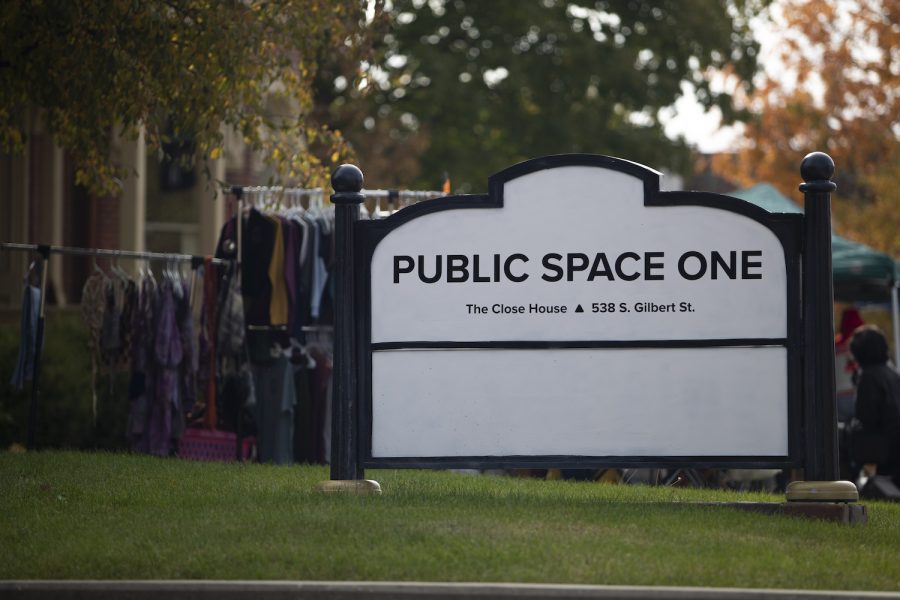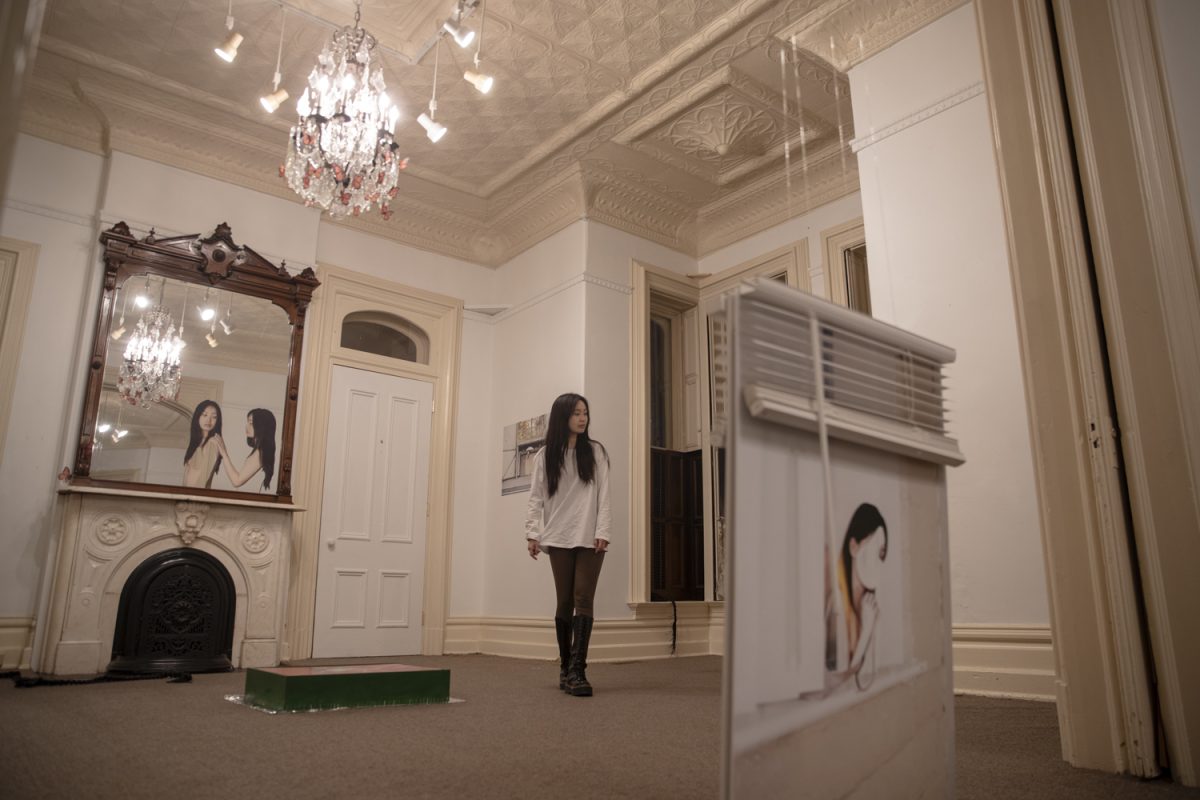Media assassin and self-proclaimed hip-hop student Harry Allen will lecture tonight about his days spent immersed in legendary group Public Enemy’s world.
The title media assassin is more intimidating than the number of girls in line to throw themselves at Flavor Flav. For Harry Allen, media assassin describes his role in the famed hip-hop act Public Enemy. As the group’s journalist, he held the power to challenge mainstream media’s view on the genre.
He will present the lecture “Part of the Permanent Record: Photos from the Previous Century” tonight at 7:30 p.m. today in the IMU second-floor ballroom.
During the event, Allen — host of WBAI-NY’s radio program “Nonfiction,” — will show 10 to 12 photographs he took of hip-hop stars throughout the years. The media assassin will walk audiences through the pictures while discussing the history behind the images of recognizable faces such as Run-DMC and LL Cool J.
As early as the days of the old 126 cartridge camera, he was drawn to photography. He said he’s been hooked on Canon cameras ever since his seventh-grade teacher captivated and impressed him via pictures taken on a Canon.
Photography is just one of Allen’s wide array of interests. Besides being a photographer and media assassin, he is well-known for his hip-hop expertise.
“Hip-hop for me was a natural language,” he said. “It wasn’t the first music I ever heard, but it came around at a time when I was very impressionable. It made perfect sense the moment I heard it, and I got it. I felt that I had to [write about it] for the purpose of sustaining the work of black people and defining it correctly, and because I could.”
While he noted there were many events in his life that sparked his passion for hip-hop, there are three distinct moments he clearly remembers. One key instant was meeting Public Enemy member Chuck D before he became famous. Allen also said that at the age of 14, he walked into his parents’ bedroom and heard hip-hop on the radio and became instantly attached. The final moment was when he decided to write.
“What Harry Allen’s role in [Public Enemy] was that he was the group’s writer, and what’s interesting about that is it was the first hip-hop group, and probably the first musical group ever, to include a print journalist and a critic,” said Kembrew McLeod, a UI associate professor of communication studies. “He could challenge media misrepresentations of Public Enemy and African-Americans in the arena of mainstream media.”
Allen, in describing how hip-hop has changed since the days of Public Enemy, said that when the band released a single, it didn’t always have a video to go with it. That wouldn’t happen in today’s music scene, he said.
“[Hip-hop] is far more commercial,” he said. “[It] is far more designed to meet the existing taste of record consumers and buyers.”
Since his start as Public Enemy’s assassin, the freelance journalist — he’s written for *VIBE* and *The Village Voice*, among many other publications — has exercised a forward-thinking mentality about the media. He and Public Enemy sent out press releases by fax, while recognizing the important role the Internet would one day occupy when it became more accessible to the masses.
“A lot of those things that we wanted to do didn’t exist yet, or weren’t easy to do, or you really needed someone with a lot of skill to do so,” he said.
The pro-convergence writer launched his blog in February 2008. Until then, he didn’t see the point in doing so because he was getting paid to write anyway.
“I saw there’s a way to explore the medium, which was one that I had seen grow up but I didn’t get it,” he said. “I didn’t get blogging because I was being published. I didn’t find a need to reach or express myself because I was already doing it.”
Allen said that blogging is a way of “keeping your mind in shape.”
On his blog, he dissects issues and voices his distinct opinions.
“I [have] tried to keep it varied mostly because my interests are varied,” he said.
If there is one thing Allen hopes his audience will take away from tonight’s lecture, it is his desire that people will choose to do what they love.
“What I hope people will take away is … to follow one’s passion and to believe in one’s passion,” he said. “I often say to people on my radio show whenever I get the opportunity [that] the only work that people should ever do is the work that they would jump out of bed and do every day for free.”






